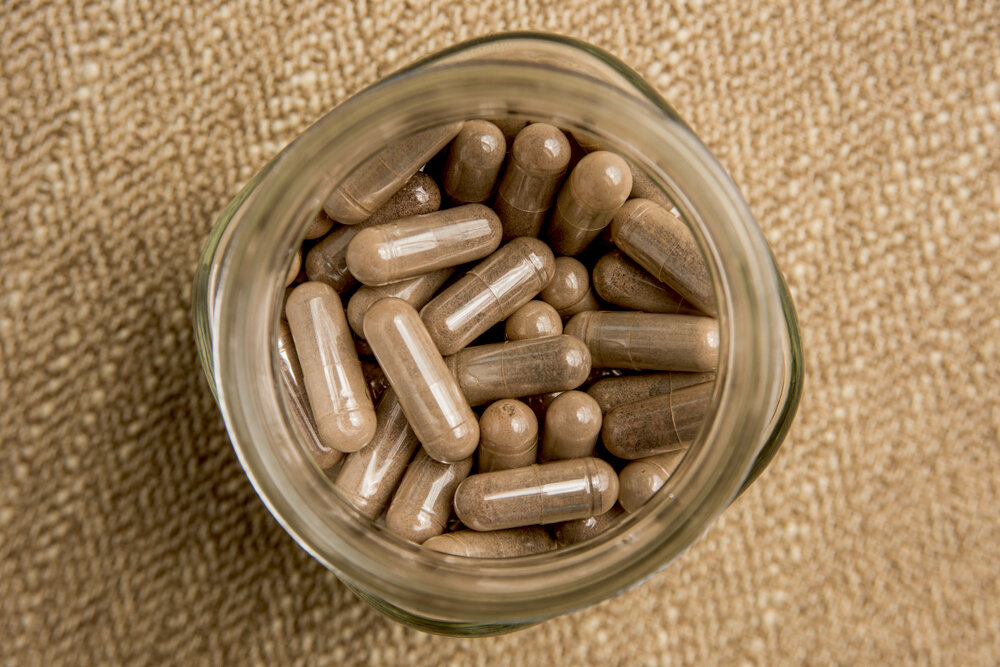Benefits of Encapsulation of Placenta
Encapsulation of the placenta has gained popularity in recent years as a practice believed to provide various benefits to postpartum mothers. In this article, we will explore the advantages of encapsulating the placenta and how it may positively impact the well-being and recovery of new mothers.
Enhanced Nutritional Support
Encapsulation of the placenta involves the process of drying, grinding, and encapsulating the placenta into pill form for consumption. Proponents of this practice claim that the placenta contains essential nutrients and hormones that can support postpartum recovery and overall well-being.
The placenta is rich in iron, which is crucial for replenishing the blood supply after childbirth and preventing anemia. Additionally, it contains vitamins B6 and B12, which are important for energy production and maintaining a healthy nervous system. The placenta also contains oxytocin, a hormone that promotes bonding and aids in uterine contractions.
Hormonal Balance and Mood Regulation
One of the potential benefits of encapsulating the placenta is the regulation of hormones and improvement in mood during the postpartum period. The placenta contains various hormones, including progesterone and estrogen, which are known to play a role in mood stabilization.
Consuming encapsulated placenta may help balance hormone levels, potentially reducing the risk of postpartum depression and anxiety. Some women claim to experience increased energy levels, improved sleep, and a more positive outlook after consuming placenta capsules.
Enhanced Milk Production
Another reported benefit of encapsulating the placenta is an increase in milk production for breastfeeding mothers. The hormones present in the placenta, such as prolactin, are believed to stimulate milk production and support lactation.
Mothers who have consumed encapsulated placenta have reported a noticeable increase in milk supply and improved breastfeeding experience. While further research is needed to establish a definitive link between placenta encapsulation and increased milk production, anecdotal evidence suggests a positive correlation.
Postpartum Recovery and Healing
The postpartum period is a time of physical healing for new mothers. Encapsulation of the placenta is thought to aid in this recovery process by providing essential nutrients and supporting the body’s natural healing mechanisms.
Consuming encapsulated placenta may help reduce postpartum bleeding and support the contraction of the uterus. The iron content in placenta capsules can assist in replenishing iron stores, which may be depleted after childbirth. This, in turn, can contribute to a faster recovery and increased energy levels.

While the practice of encapsulating the placenta is not without controversy, many women believe in its potential benefits. The consumption of encapsulated placenta may provide enhanced nutritional support, hormonal balance, improved mood, increased milk production, and aid in postpartum recovery.
It is important to consult with healthcare professionals and conduct thorough research before considering placenta encapsulation. While anecdotal evidence suggests positive outcomes, further scientific studies are needed to validate these claims and determine the full extent of the benefits of encapsulation of the placenta.
Frequently Asked Questions
1. What is placenta encapsulation?
Placenta encapsulation is the process of drying, grinding, and encapsulating the placenta after childbirth.
2. What are the benefits of encapsulating the placenta?
The benefits of encapsulating the placenta include increased energy levels, improved mood, hormone regulation, and potential enhancement of milk production.
3. How does encapsulation of the placenta help with postpartum recovery?
Encapsulation of the placenta is believed to support postpartum recovery by replenishing essential nutrients, reducing postpartum bleeding, and balancing hormones.
4. Is placenta encapsulation safe?
When performed by a trained professional in a sterile environment, placenta encapsulation is generally considered safe. However, it’s important to discuss any concerns with your healthcare provider.
5. Can encapsulating the placenta prevent postpartum depression?
While some individuals claim that placenta encapsulation can help prevent postpartum depression, scientific evidence supporting this claim is limited. It’s best to consult with a healthcare professional for personalized advice.
6. How long does placenta encapsulation take?
The process of encapsulating the placenta typically takes around 24 to 48 hours, depending on the encapsulation method and the encapsulator’s schedule.
7. Can anyone encapsulate their placenta?
It is recommended to hire a certified placenta encapsulation specialist who has received proper training in handling and processing placentas to ensure safety and quality.
8. Are there any potential risks or side effects?
While side effects are rare, some individuals may experience an upset stomach or allergic reaction. It’s important to inform your encapsulation specialist about any allergies or medical conditions you have.
9. How should the encapsulated placenta be stored?
The encapsulated placenta should be stored in a cool, dry place away from direct sunlight. It is recommended to consume or discard the capsules within one year.
10. Can encapsulating the placenta benefit all mothers?
While some mothers report positive effects from placenta encapsulation, it may not be suitable for everyone. It’s essential to consult with your healthcare provider to determine if it’s the right choice for you.




